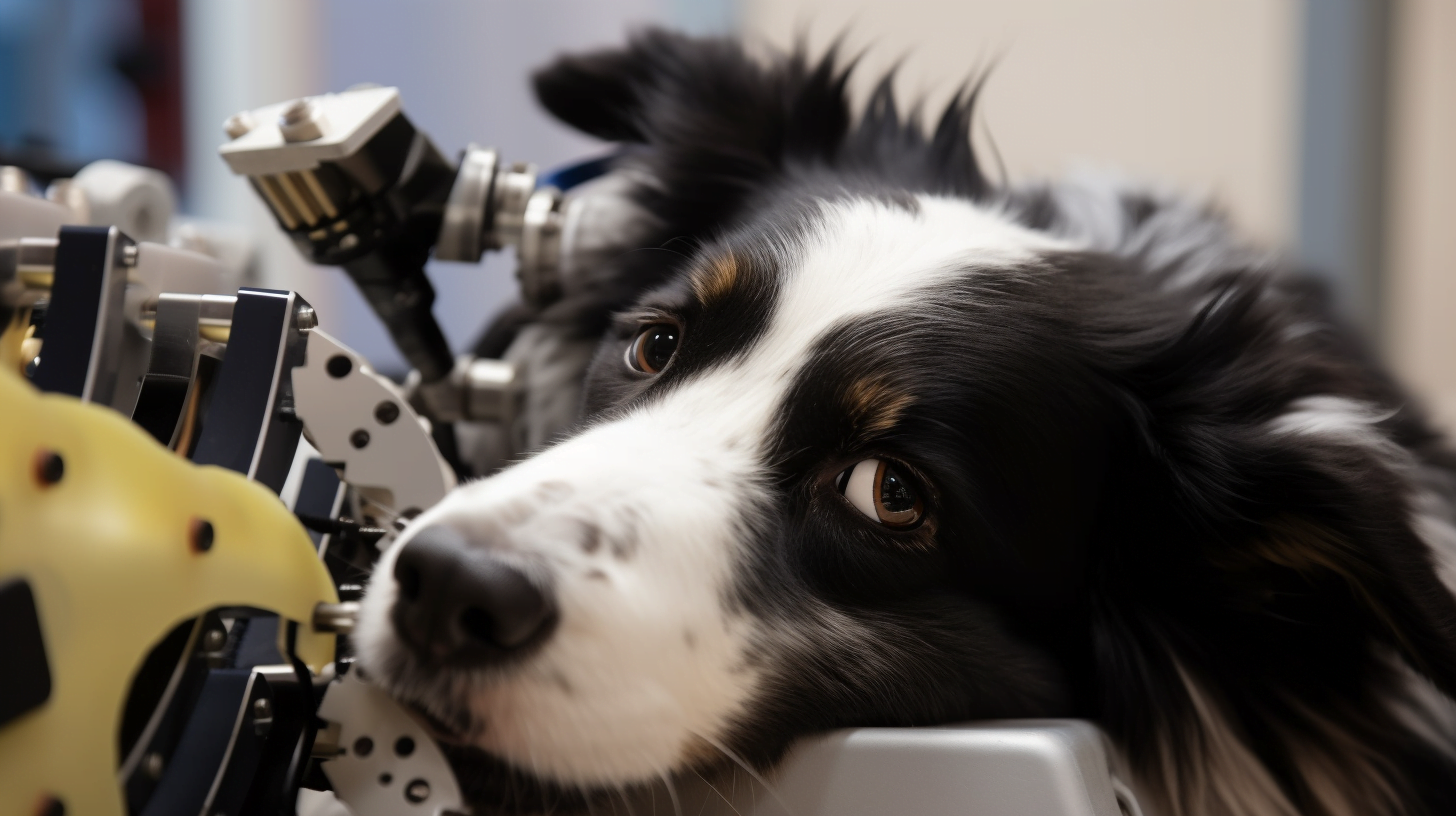GPT-4 saves doggo's life

GPT-4, a dog with a mysterious illness and no diagnosis - how OpenAI's chatbot saved a dog's life.
"GPT-4 saved my dog's life," wrote one Twitter user on the social media platform. "After my dog got diagnosed with a tick-borne disease, the vet started her on the proper treatment, and despite a serious anemia, her condition seemed to be improving relatively well."
But a few days later, the animal suddenly became much worse and Cooper noticed that his gums were pale. A blood test at the vet revealed severe anemia, but further tests for co-infections associated with the tick-borne disease were negative.
GPT-4 save my dog
With the vet unable to make a diagnosis and the dog getting worse, Cooper went to a second clinic for a second opinion.
On the way, Cooper got the idea to consult OpenAI's latest AI model, GPT-4.
"It occurred to me that medical diagnostics seemed like the sort of thing GPT4 could potentially be really good at, so I described the situation in great detail," Cooper says. "I gave it the actual transcribed blood test results from multiple days, and asked for a diagnosis."
GPT-4 provided a correct interpretation of the results and pointed out that the anaemia could have other causes. When asked, GPT-4 listed a number of causes, all but one Cooper was able to rule out based on the tests already done: immune-mediated hemolytic anemia, an autoimmune disease in which the body attacks red blood cells.
So I asked it what other underlying issues could fit this scenario, and it gave me a list of options.
I knew the 4DX test ruled out other coinfections, and an ultrasound ruled out internal bleeding, so that left us with a single diagnosis that fit everything so far: IMHA
6/ pic.twitter.com/gQsDeDjlEM- Cooper ☕ (@peakcooper) March 25, 2023
With the AI diagnosis in hand, Cooper went to the second vet clinic and asked for the human expert's opinion. They ran a series of tests and confirmed the diagnosis of GPT-4. With the appropriate treatment, the dog is now doing well.
We started the dog on the proper treatment, and she's made almost a full recovery now.
Note that both of these diseases are very common. Babesiosis is the #1 tick-borne disease, and IMHA is a common complication of it, especially for this breed. 8/ pic.twitter.com/1KCaRjPKyK
- Cooper ☕ (@peakcooper) March 25, 2023
GPT-4's future in diagnostics
Both canine diseases are relatively common, Cooper says. "I don't know why the first bet couldn't make the correct diag., either incompetence or poor mgmt."
GPT-3.5 could not provide the correct diagnosis, he says. GPT-4, on the other hand, even explained the blood results step by step, according to Cooper.
The story shows that powerful AI systems like GPT-4 can play an important role in diagnostics - always in dialogue with human experts. They do not have to be better than all humans, just better than overworked or incompetent doctors.
AI News Without the Hype – Curated by Humans
As a THE DECODER subscriber, you get ad-free reading, our weekly AI newsletter, the exclusive "AI Radar" Frontier Report 6× per year, access to comments, and our complete archive.
Subscribe nowAI news without the hype
Curated by humans.
- Over 20 percent launch discount.
- Read without distractions – no Google ads.
- Access to comments and community discussions.
- Weekly AI newsletter.
- 6 times a year: “AI Radar” – deep dives on key AI topics.
- Up to 25 % off on KI Pro online events.
- Access to our full ten-year archive.
- Get the latest AI news from The Decoder.